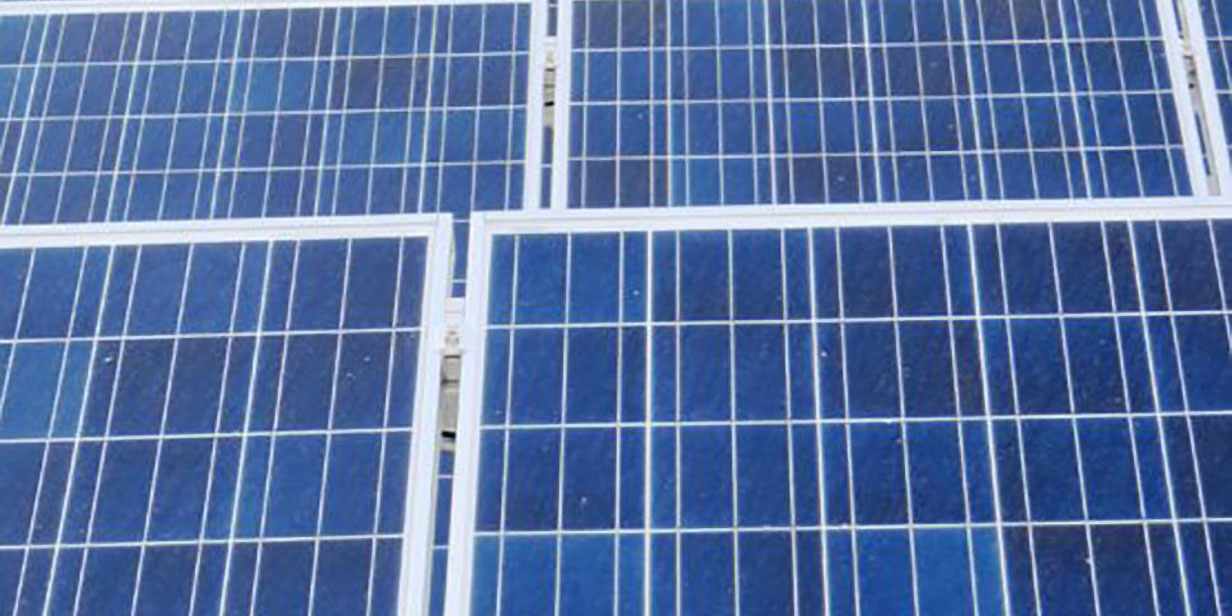Phillip Smith
Vice President, Manager, Building Materials
Phone Number:
+1 (1)781 255 4783

As energy costs rise and pressure mounts to offset or reduce greenhouse gas emissions, a growing number of corporations, utilities, and municipalities are turning to photovoltaic (PV) systems to turn sunshine directly into electricity. The power generated by PV systems is typically used directly on site, fed into the electrical grid, or both.
When it comes to solar energy, commercial rooftops offer an underutilized opportunity for development. The installation of roof-mounted PV systems is a major undertaking and requires careful consideration and analysis to perform properly without damaging the roof covering and achieve the desired return on investment. When it comes to property loss prevention, several important risk factors should be considered in evaluating rooftop PV systems, including wind uplift and securement, compatibility with the roof cover, combustibility, roof loading, drainage and hail resistance.
While costly, the greatest risk is not in the loss of the solar panels themselves, but in how that solar installation may impact the building upon which it is installed, and the contents below it. If a rooftop PV system contributes to a roof failure that leads to business interruption, the need for roof replacement or reroofing, or contents damage, the costs will surely be greater than the loss of the PV system.
Rigid PV (or crystalline silicon) modules are currently the most common form of solar energy system and typically require a metal rack system for roof or ground mounting.
Flexible PV (thin film) modules secured to roofing assemblies currently represent a small, but rapidly growing segment of the overall solar energy market. Flexible thin-film PV modules may be integrated with roof membranes in the factory or applied in the field to flexible roof membranes such as PVC (polyvinylchloride) or TPO (thermoplastic polyolefin) to form a complete waterproof system.
Approval Standard 4476, Approval Standard for Flexible Photovoltaic Modules, and Approval Standard 4478, Approval Standard for Rigid Photovoltaic Modules, enable PV module manufacturers and others to obtain FM Approval for their products when used as part of an FM Approved roofing assembly.
Both FM Approvals PV Standards for PV modules feature requirements for:
As noted above, electrical certification of compliance with IEC/EN standards for electrical performance and safety is a prerequisite for FM Approval of PV modules. FM Approvals has partnered with TÜV Rheinland, a world leader in solar and PV testing, to provide the electrical safety and performance certification required by the new Approval Standards. As an FM Approvals partner, TÜV will either issue certification based on its testing or evaluate and accept (or not) test results from other laboratories submitted by the PV manufacturer.
In today’s highly competitive PV product market, manufacturers are under daily pressure to develop new products, obtain independent certification and enter the market more quickly than ever before. The new FM Approvals certification program for PV modules can help meet these needs by providing an efficient one-stop certification resource.
FM Approvals is the leading third-party testing laboratory for the certification of commercial roofing products in the world. These new Approval Standards for PV modules represent the cumulative knowledge of decades of roofing research, testing and field experience.
Conformance to the following standards verifies that photovoltaic modules meet the stated safety and performance criteria, providing assurance in their ability to perform intended functions and maintain the integrity of the underlying roofing system.
FM 4476
Flexible Photovoltaic Modules
FM 4478
Roof-Mounted Rigid Photovoltaic Module Systems
Begin the approval application process